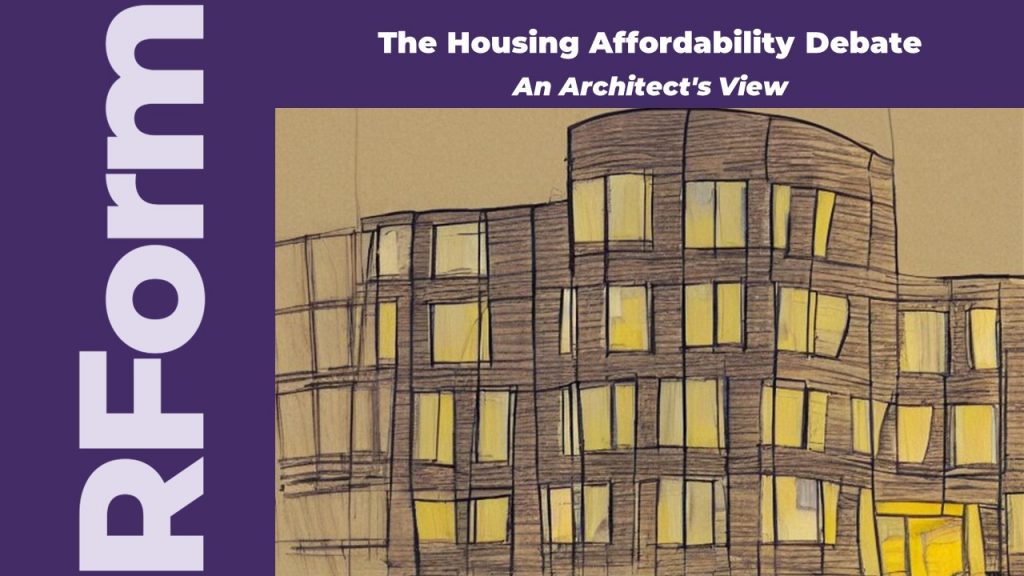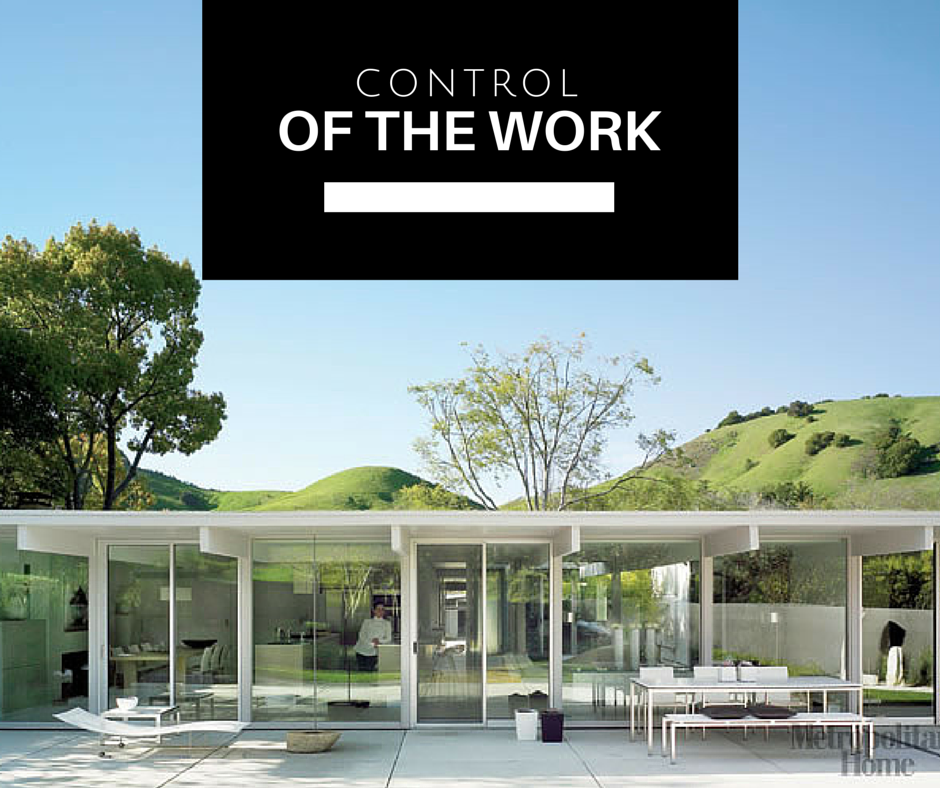
The upcoming OAA Conference in Niagara Falls (May 22-24, 2024) presents a remarkable platform for RForm to showcase its approach to supporting affordable housing. The conference theme, “Housing: Pushing the Envelope,” aligns with RForm’s mission, resonating with the critical need for creative solutions in today’s housing landscape.
Our most recent RForm Bulletin 24-0303 focuses on the long project timelines that are a significant hurdle in addressing the housing shortage. The relationship between the time it takes to build and the availability of homes is a delicate dance of resources, regulations, and workforce. By exploring the factors that contribute to these extended timelines, from securing permits to the intricacies of resource allocation and scheduling, we aim to shed light on how these challenges contribute to the scarcity of housing and what might be done to mitigate these issues, thus contributing to a solution for the Canadian housing crisis.
The Housing Affordability Debate: An Architect’s View
It’s easy to blame architects for high housing costs, but we can be essential allies in solving the affordability crisis. Design catalogues are a simplistic band-aid solution to a far more complex problem, as architect Michael Geller aptly points out in this article. True progress will come from:
- Streamlining Regulations: Cumbersome approval processes are often the biggest cause of construction delays and cost increases. Architects understand these processes and can suggest ways to improve them, as highlighted in the referenced article.
- Expanding Housing Types: Architects excel at creative, space-efficient solutions, from multi-family housing to adaptable and mixed-use projects. The article emphasizes increasing density as a key part of the solution.
- Prioritizing Efficiency: Incentivizing sustainable design practices leads to lower operational costs for occupants, contributing to long-term affordability. The article also calls for making housing more energy-efficient.
The focus must shift to tackling the regulatory, zoning, and systemic hurdles causing the affordability crisis. Architects are eager to work with policymakers to create real solutions, as Michael Geller suggests in the conclusion of his article.
Key Points to Emphasize:
- Architects are not the root cause of the affordability crisis. This idea is the core of your message and should be highlighted. The focus needs to shift away from design and toward addressing the actual problems in the system, as echoed in the referenced article by architect Michael Geller.
- Addressing delays means addressing complex regulatory structures. Architects have firsthand knowledge of approval process hurdles that could be streamlined to cut costs and shorten timelines. The article highlights lengthy municipal approval processes as a key obstacle.
- Diversifying housing is a strength of architects. Thinking beyond single-family homes and exploring multi-family, adaptable spaces and mixed-use models requires architectural expertise. The article emphasizes increasing density as a solution.
- Incentives matter. Architects can advocate for policies that encourage sustainable, efficient building methods, as these often pay off in lower long-term costs for occupants. The article calls for making housing more energy-efficient.
Additional Considerations:
- Prefabrication and Modular Construction: Architects can collaborate with manufacturers to design efficient prefabricated units. This cuts time and cost compared to traditional stick-built methods.
- Rethinking Zoning: Restrictive laws limit multi-family housing in many areas and increase land costs. Architects can advocate for more flexible zoning to enable affordability. The article points out that lacking zoning allows for more housing types, which is a problem.
- Community Input and Engagement: Architects can design collaborative processes to ensure new affordable housing aligns with the needs and desires of the community it serves.
The RForm Advantage: RForm’s Contract Administration software is valuable for project managers looking to streamline their processes, mitigate risks, and ensure successful project outcomes. RForm enables project managers to focus on strategic decision-making and client relationships by automating and centralizing contract-related tasks.

